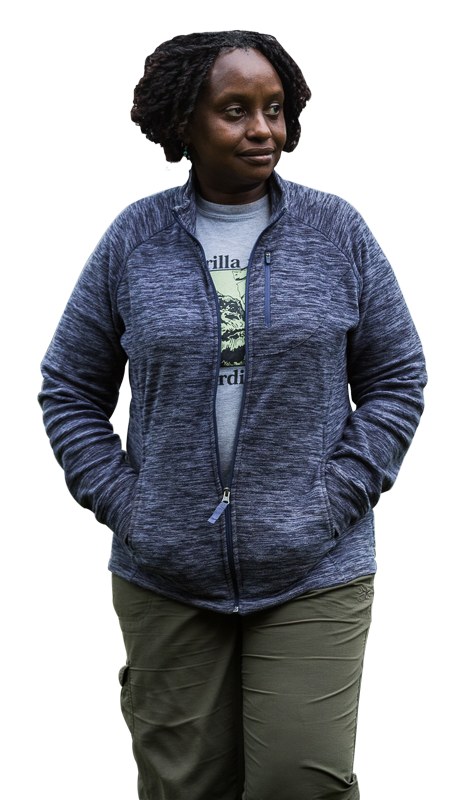The head of Selkie, a village in Eastern Finland, Tero Mustonen, is currently the chairperson of Snowchange and is actively “undoing the damage” done to Northern and Arctic ecosystems over the past century to survive our current one. “When we are rewilding, we are healing our minds from past damages,” says Mustonen, who has witnessed firsthand how nature can make a comeback after rescue and rewilding efforts. There are 5 million hectares to be rewilded in Finland, but Mustonen believes his leadership can build a new pathway to healing the environment.
For Mustonen, now more than ever, leadership needs a humble, serviceable approach that listens to indigenous and traditional voices before taking on meaningful action. “Knowledge comes from great traditions and lived lives,” says Tero, “the elders, women and marginalized communities know precisely where the solutions are.” Unfortunately, institutions and governments have long ignored these crucial voices.
The Snowchange Cooperative—the organization Mustonen currently chairs—has been actively listening to and learning from them. The organization adopted a village-level tactical view early on, allowing it to grow into a global network with hundreds of regional coordinators and participants—from African fishing villages to Australian indigenous communities. Concerns and observations made by Snowchange eventually reach the ears of the UN and the IPCC. Mustonen is a lead author of the IPCC Sixth Assessment Report.
Regarding the possibilities and limitations of our efforts, Mustonen is quite candid about it. “We have to accept the fact that damages will happen, that this will be an uneven world.” Despite the almost overwhelming global challenges, he believes not all is lost.
”Hope lies in witnessing that 196 bird species made a comeback within a year.”
Mustonen, himself a professional fisherman, recalls a particularly moving memory: “Seven years ago, on October 2, I was at a wetland in my village that used to be completely devoid of life. The sun was going down. I then looked up and saw 25,000 geese landing in a circle on that wetland.” For him, hope arises when we witness nature’s comeback.
Nonetheless, if we are to help nature heal, the recovery of our sense of belonging to the landscape is, according to Mustonen, essential. He finds it in the old ice fishermen of his village or the ancient Finnish and Karelian traditions but worries the West has lost this connection.
Mustonen turns to the old forest or the icy lake by his house—which is currently under two mining company claims—whenever he seeks peace of mind. For Tero, these “places of peace” have awareness—sentient landscapes, he calls them. These are locations where the “war humanity is raging against nature” seems to end.
Tero is careful in defining our current crisis as a spiritual one. He believes economic or technological tools will not be enough until we reconsider our place in nature entirely. “We are not the planet’s enemy; it’s just that in our greed, in our misconception of what nature is, we have forgotten.”


